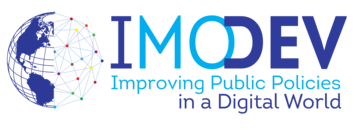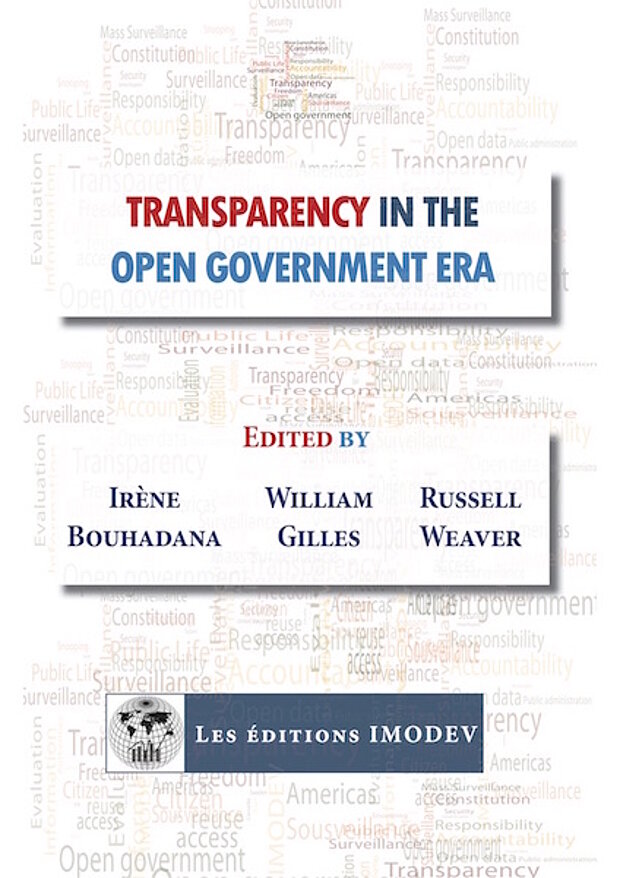Transparency in the Open Government Area
I. BOUHADANA, W. GILLES, R. WEAVER (eds)
Introduction. Transparency and Open Government: Which Possible Convergence? (I Bouhadana)
1. The Legal Framework of Transparency in the Open Government Era:
- Constitution and Open Government in France: About the Laws on Transparency of Public Life of 2013 (W Gilles)
- Protecting The Public’s Access to Government Information (Ch. E. Wells)
- Swedish Access to Documents in a European Context (I. Österdahl)
- The New Spanish Transparency and Freedom of Information Act of 9th December 2013: Text and Context (E. Guichot)
- Open Government in Norway: Legal Framework and Challenges (I. Nguyên-Duy)
- The Duty to Consult During the Canadian Federal Regulatory Process: Preliminary Reflections on the Legal Status of the Notice (F. Houle)
- Transparency and Human Rights in Britain: The Piecemeal Change of the Constitution (M. Qvortrup)
2. Transparency and Accountability in the Open Government Era:
- Ordinary Government Secrets in the United States (P. Strauss)
- Transparency and Fiscal Responsibility in the Brazilian Government (D. Carnio Costa)
- Brazil’s Fight Against Corruption: Recent Improvements of Public Governance in the Country (I. Gonçalves Franchini Turner)
- The Contribution of Monitoring and Evaluation Practice to Transparency and Accountability of International Development Assistance (F.-X. De Perthuis De Laillevault & C. Haswell)
3. Transparency, National Security and Snooping in the Open Government Era:
- The Difference Between Invisible and Visible Surveillance in a Mass Surveillance World (S. Friedland)
- Transparency, Privacy & the Snowden Affair (R. Weaver)
- Transparency and National Security: an Australian Perspective (M. Allars)
In a digital era, in which government can collect and store large amounts of information, issues related to governmental openness and transparency have become increasingly important. While most societies have enacted freedom of information statutes, those statutes differ regarding the information that they make available, and the information that they protect from disclosure. Thus, although citizens can gain access to some types of governmental information, much information remains shielded from disclosure.
Transparency issues have also arisen regarding governmental surveillance programs. Following the disclosures of Edward Snowden, it has become clear that many governments collect and retain large amounts of digital information, including e-mails, web postings, text messages and cell phone calls.
The collection of essays in this book explore these important transparency issues and raise fundamental questions regarding governmental accountability. In democratic societies, in which the power to govern flows from the consent of the governed, individual voters must understand how government is functioning in order to cast informed votes. Citizens also have an interest in knowing the extent to which government is surveilling them. Of course, if governmental antiterrorism efforts are to be effective, governments cannot reveal everything. The papers in this book explore these issues and seek to find a proper balance between governmental effectiveness and transparency.


